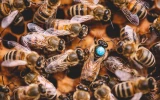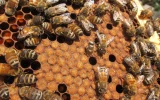How Often & Why Should You Requeen Your Hives
You might need to requeen at some point because your highness doesn't always last that long. The queen bee would eventually need to be replaced, much like many of us. This process is known as "requeening."
Requeen your beehives every one to two years to promote healthy colonies, ensure queen productivity, reduce hive diseases, and have a strong genetic make up. Requeening is required when your queen dies, is lost, or is aging, and only lays drone eggs. Every beehive needs to have one healthy queen.
Requeening is the procedure of installing a new queen bee in the beehive to replace the existing queen. It is recommended to carry this out every one to two years.
Summary
- It's best practice to requeen your beehives every one to two years.
- You have to help ensure that your hives have a queen who's healthy, productive, and efficient, to make them survive for years.
- The bees can do requeening on their own, but you should intervene, especially when you have a hot hive.
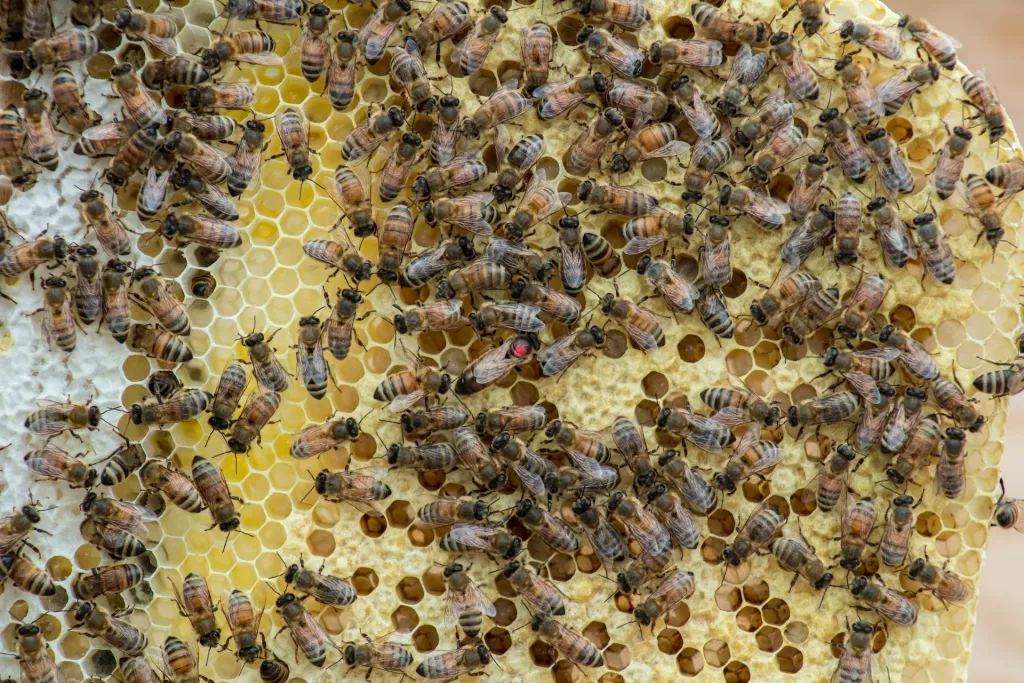
On this page:
How Often You Should Requeen Your Hives
Beekeepers advise changing the queen every one to two years. This practice will maintain healthy and productive colonies. Healthy colony populations will be the outcome of proactive queen replacement.
Some beekeepers requeen every year to ensure colonies preserve queen quality and longevity, and operate at peak efficiency in light of the numerous stressors that hives experience, including Varroa mites, declining forage, and increased pesticide use.
If you raise bees for a living, you likely requeen once per year or every two years. Your beekeeping endeavors should all have a purpose. When necessary, we inspect. When necessary, we requeen. Every colony behaves differently, so just because you requeen one doesn't mean you have to treat the others the same way as well.
The productive lifespan of a queen is about two years. Some queens succeed for a longer period of time, some only have one successful year, and some fail right away. Because of this, requeening is a good idea.
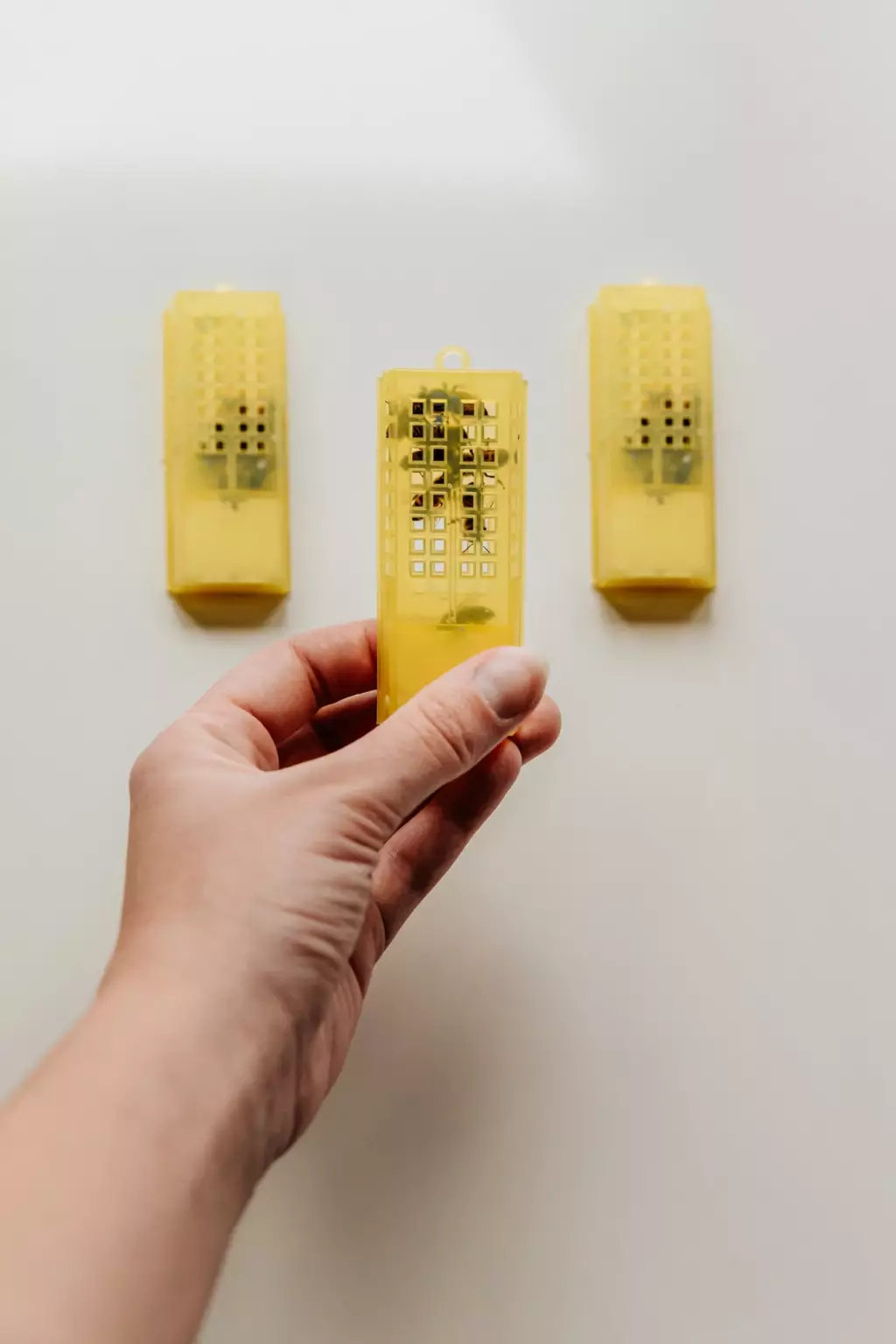
Knowing when a queen falls short of expectations is a matter of experience. Learn how much brood is typically present throughout the year according to the weather and season. It's possible to decide whether it's time to requeen if you rule out the influences of weather, season, location of the hive, mites, and other issues.
Why You Should Requeen Your Hives
A healthy queen is essential to a colony's success. Behind every successful beehive is a thriving queen. To keep the peace and order in a hive, you should requeen whenever you see issues such as hive diseases, a weakening or a dying queen, more drone brood production, and an aggressive hive.
Requeen because the queen is aging
The queen bee lives for around three to five years, and as she gets older, she becomes less productive at laying eggs.
Beekeepers typically requeen to make sure the queen stays healthy and productive. They are alert for signals of performance deterioration, and many will replace the queen when such indications are obvious.
Requeen because the queen is lost or is dead
When you realize the queen is lost, maybe in one of your inspections, you need to requeen a hive.
When no fresh eggs are laid or larvae are found during inspections, you will know the queen is lost or is dead. You will need to requeen as soon as possible because the colony might not be able to survive.
Requeen to increase efficiency and productivity
Not every queen bee can perform at the optimal level. There are some queen bees who are unable to lay as many eggs as a typical queen bee.
A queen might occasionally exhibit poor performance. She might lay infrequently, generate an excessive number of drones, or just not lay enough eggs.
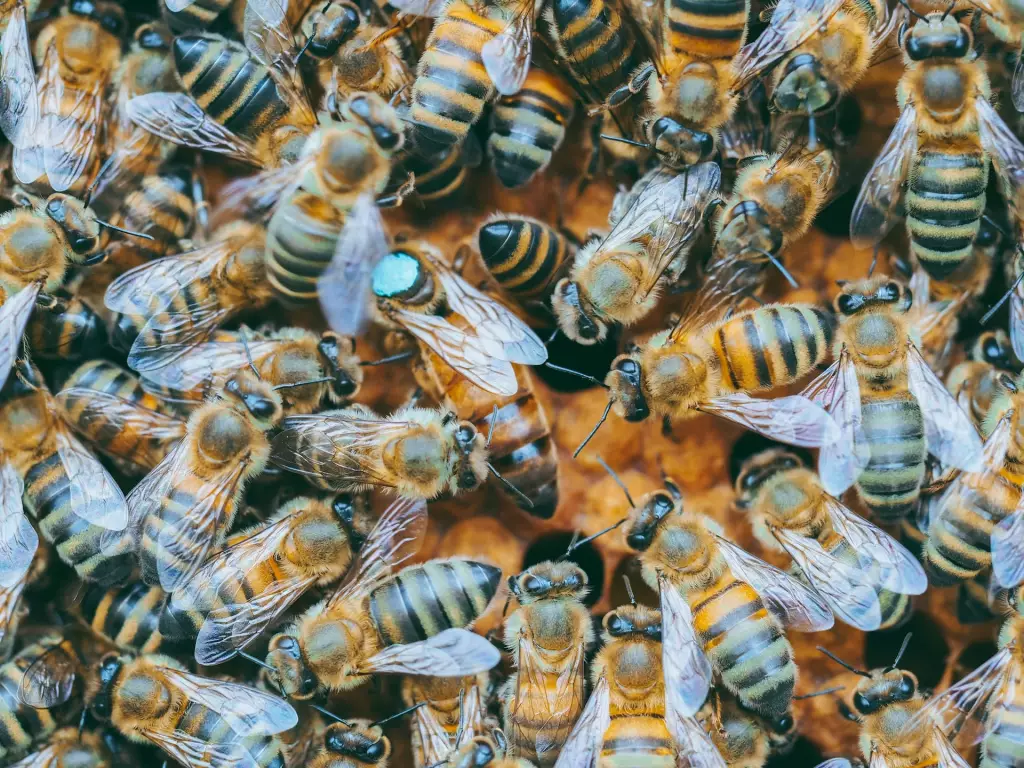
As queens age, this task gets more difficult. She slows down, produces less brood, and the hive's overall performance declines. For the beekeeper, this means less honey production.
Requeen to reduce diseases in the hive
Requeening causes a brood break, which eliminates many brood disease problems in the hive. The gap in the brood cycle caused by the interval between queens will prevent many brood illnesses from persisting.
There may be differences in the illness resistance of different queens. Requeening is a typical beekeeping approach against chalkbrood, a disease caused by the fungus Ascosphaera apis that produces spores which, when swallowed by honeybee larvae, germinate in the bee’s gut, ultimately causing the larvae to die of starvation.
Requeen to get rid of a drone-laying queen
The queen might occasionally be unable to fertilize eggs, or at least not consistently. Drones are produced when the queen lays an unfertilized egg.
The queen may be unable to fertilize eggs for a number of reasons. She might have had trouble mating, or she might have a biological problem. Regardless of the cause, there are two major issues with this.
First is that the colony requires a constant stream of workers to maintain the activities in the hive. If the queen exclusively produces drones, there will soon be a shortage of worker bees capable of performing their various tasks.
The difficulty in noticing this is the other issue. A drone-laying queen is still producing eggs. As a result, when a beekeeper inspects the hive, they may find eggs, larvae, and other things. It is simple to presume that the queen is in good health.
The colony may run into serious issues if it takes a few weeks to realize that only drones are being produced. Requeening is strongly advised if the queen is drone-laying.
Requeen when doing splits
You can create a split to expand the number of hives in your apiary. In essence, you split a big colony in half, making sure that each half has a queen.
Beekeepers occasionally allow the half without the queen to raise its own young, but you might prefer to install a queen with known genetics.
Requeen for genetic diversity
The queen bee controls the hive's "mood." Requeening can typically resolve the issue if the hive starts acting more aggressively. The hive may become calmer if an aggressive queen is replaced. The new queen will typically have a stronger genetic makeup as well.
Replacing the queen will address the problem if a colony becomes overly defensive. The bees may not entirely quiet down for a month after the new queen is installed because not all the old queen's bees have died out by then, but there will be at least a modest shift immediately after the new queen starts to lay.
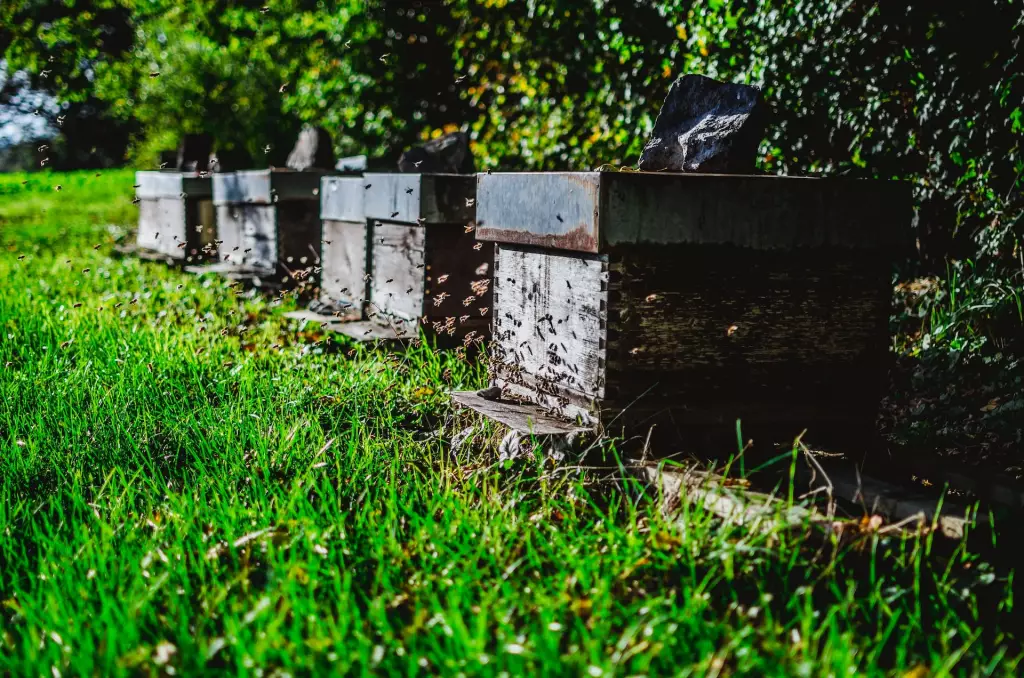
Hot hives are incredibly temperamental little boogers. They will do anything to defend their hives. If you have a hive that just has terrible genes, don't tolerate it. Give them a new queen to get rid of the issue.
Can A Hive Reject A Queen?
Yes, if the workers are not genetically connected to the new queen, worker bees have a tendency to reject unfamiliar queens. The queen will die if she is rejected.
The workers will identify the queen bee as an intruder in these situations and attempt to defend the hive. They surround the queen in a ball and sting her repeatedly until she dies. Rarely, the workers may decide to accept the queen once they grow accustomed to her, and she survives the balling.
The best time to requeen a hive
The best time to requeen is typically in the spring. Spring-reared queens are typically the highest quality of the year.
Bee colonies that have a rapid expansion in populations of young bees have a tendency to accept replacement queens much better than later in the year. In spring, worker numbers are reduced. So when you requeen, it is easier to find the old queen amid fewer bees.
Alternately, a lot of beekeepers try to requeen after the honey flow when the population is at its peak to encourage the development of extra brood for the winter population. Requeening is necessary if the fall brood patterns are poor.
